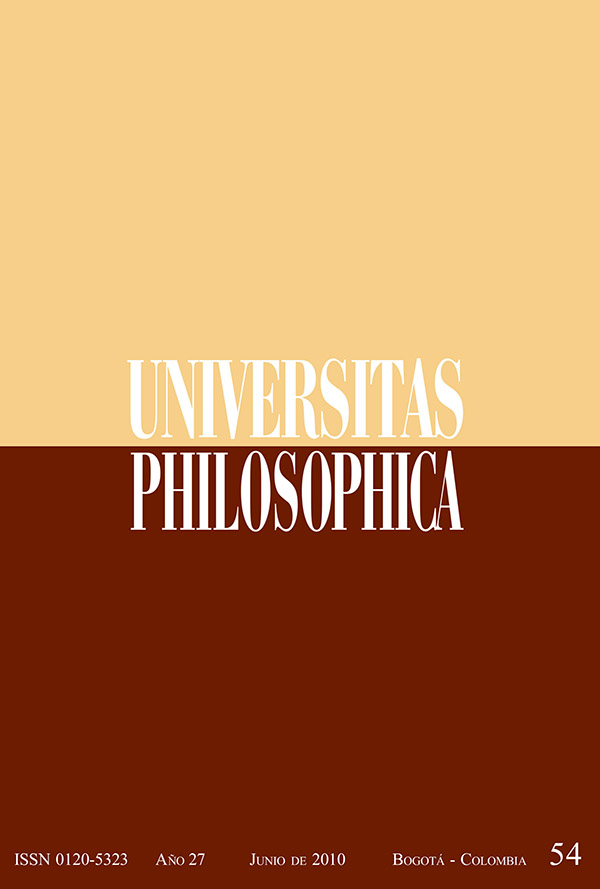Abstract
This article discusses the possibilities of the ontology of hospitality running across the categories of angst, responsibility and aporia. In this way it seeks to address the radical finitude of our concrete death, incorporating the needed, existentive, and ontic considerations of dying, which the heideggerian previous attempt moved away as irrelevant, being not original ones to philosophical reflection. This recovery does not mean, absolutely not, that death and dying have lost their true character and perplexing mystery, or that they have dissolved the very nature of our aporetic existence. Rather, death is and will remain being such an indeterminate and always present concern, restlessness disturbing thought, as beautifully as Schopenhauer had said before: “death is the true inspirational genius or Musagetes of philosophy”.This journal is registered under a Creative Commons Attribution 4.0 International Public License. Thus, this work may be reproduced, distributed, and publicly shared in digital format, as long as the names of the authors and Pontificia Universidad Javeriana are acknowledged. Others are allowed to quote, adapt, transform, auto-archive, republish, and create based on this material, for any purpose (even commercial ones), provided the authorship is duly acknowledged, a link to the original work is provided, and it is specified if changes have been made. Pontificia Universidad Javeriana does not hold the rights of published works and the authors are solely responsible for the contents of their works; they keep the moral, intellectual, privacy, and publicity rights.
Approving the intervention of the work (review, copy-editing, translation, layout) and the following outreach, are granted through an use license and not through an assignment of rights. This means the journal and Pontificia Universidad Javeriana cannot be held responsible for any ethical malpractice by the authors. As a consequence of the protection granted by the use license, the journal is not required to publish recantations or modify information already published, unless the errata stems from the editorial management process. Publishing contents in this journal does not generate royalties for contributors.


